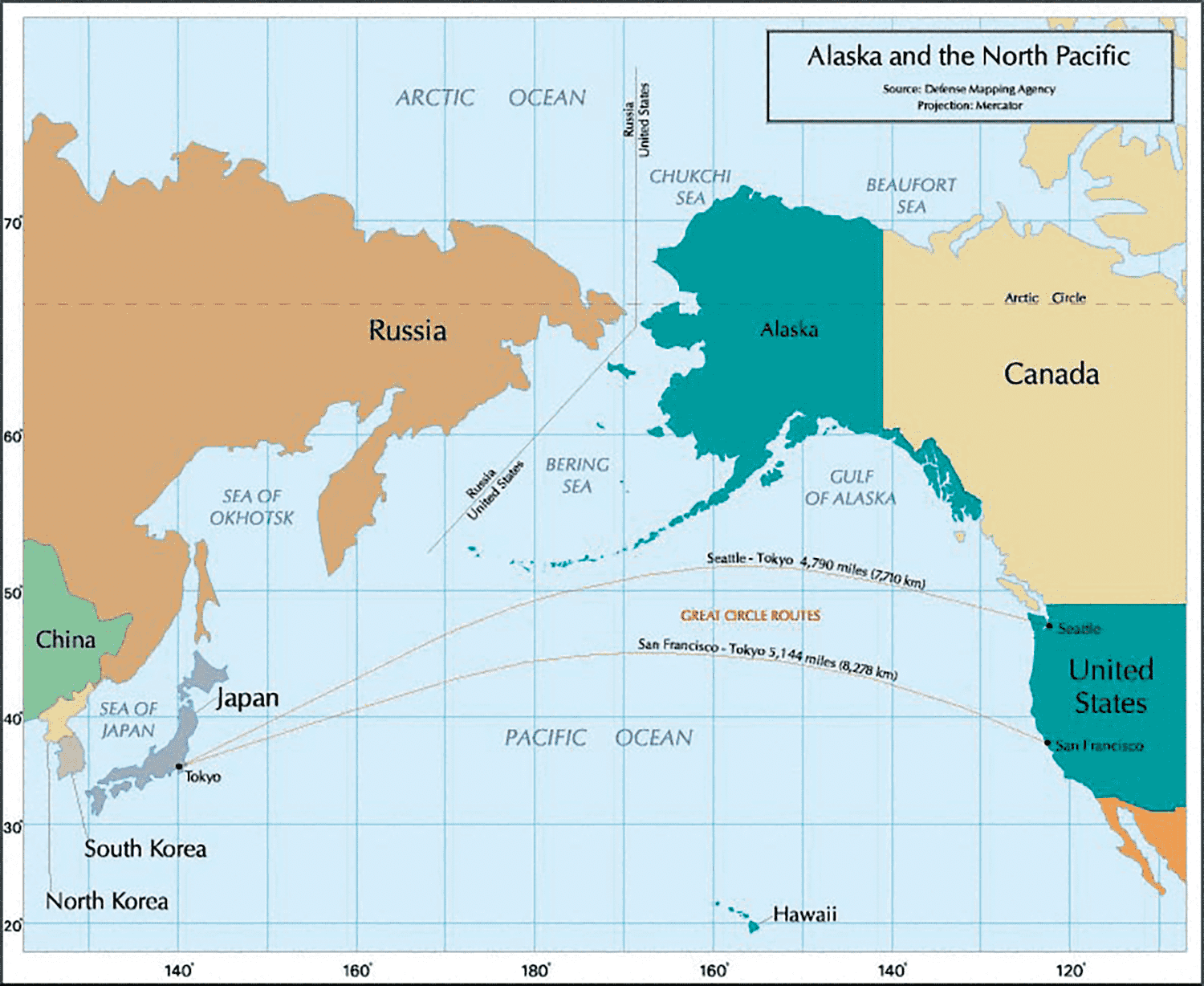Putin's Claims 1867 Alaska Purchase 'Illegal' - Is a New Cold War Brewing Over the Arctic?
January 22, 2024 - Reading time: 5 minutes

In a bold move that has raised eyebrows worldwide, Russian President Vladimir Putin has recently declared the 1867 sale of Alaska to the United States as 'illegal,' sparking fresh tensions with Washington. This declaration revisits a pivotal moment in history when Russia, for $7.2 million, transferred Alaska to the U.S., a deal once deemed mutually advantageous.
The Historical Context of Alaska's Acquisition
Putin's Provocative Stance
Putin's unexpected decree challenging the legality of this historic transaction seems to be more than a mere historical dispute. It fits into a broader pattern of Russian foreign policy under Putin, characterized by assertive, often aggressive, stances against neighboring countries. His tactics mirror those seen in previous conflicts with Georgia, Moldova, and most recently, Ukraine in 2022.
While the likelihood of Russia making a physical claim on Alaska is slim, this move by Putin is seen as a symbolic gesture aimed at demonstrating Russia's unwillingness to accept past international agreements that it now views as unfavorable. Vyacheslav Volodin, the chairman of the State Duma, hinted at this sentiment in 2022, warning that Russia could reclaim properties in response to U.S. sanctions.
Alaska's Strategic Importance
Alaska's geostrategic importance lies in its unique position on the globe, making it a pivotal location for both military and economic activities. Brig. Gen. Billy Mitchell highlighted its significance in 1935, noting Alaska's proximity to the Northern Hemisphere's center. This proximity makes Alaska a key site for U.S. military power projection, especially from Joint Base Elmendorf-Richardson.

Economically, Alaska is crucial due to its location along the Bering Strait chokepoint and the Great Circle Routes, connecting North America and Asia. These routes are heavily used by shipping companies for their efficiency, saving time and money. Anchorage, Alaska, is a central hub in these shipping lanes, hosting major international corporations like Federal Express and DHL.
As Arctic ice continues to recede, new shipping routes are emerging, such as the Northern Sea Route along Russia's Arctic coast and the Northwest Passage through Canada's High North. These routes, becoming more accessible due to climate change, cut thousands of miles off traditional shipping paths, offering economic advantages. Russia, with its large icebreaker fleet, plays a key role in facilitating shipping through these northern routes, charging fees for its services.
Echoes of Crimea
This is not the first time Putin's Russia has sought to rewrite historical narratives for political gain. The annexation of Crimea in 2014, previously transferred legally to Ukraine during the Soviet era, stands as a stark reminder of the Kremlin's willingness to challenge established international norms.
Putin's declaration regarding Alaska may largely be symbolic and a part of Russia's broader propaganda efforts. However, it underscores the increasingly complex and strained relationship between Russia and the United States. The move is not just about Alaska but reflects a deeper discontent with the current geopolitical order, signaling potentially tumultuous times ahead in international politics.

DW Staff
David Lintott is the Editor-in-Chief, leading our team of talented freelance journalists. He specializes in covering culture, sport, and society. Originally from the decaying seaside town of Eastbourne, he attributes his insightful world-weariness to his roots in this unique setting.





